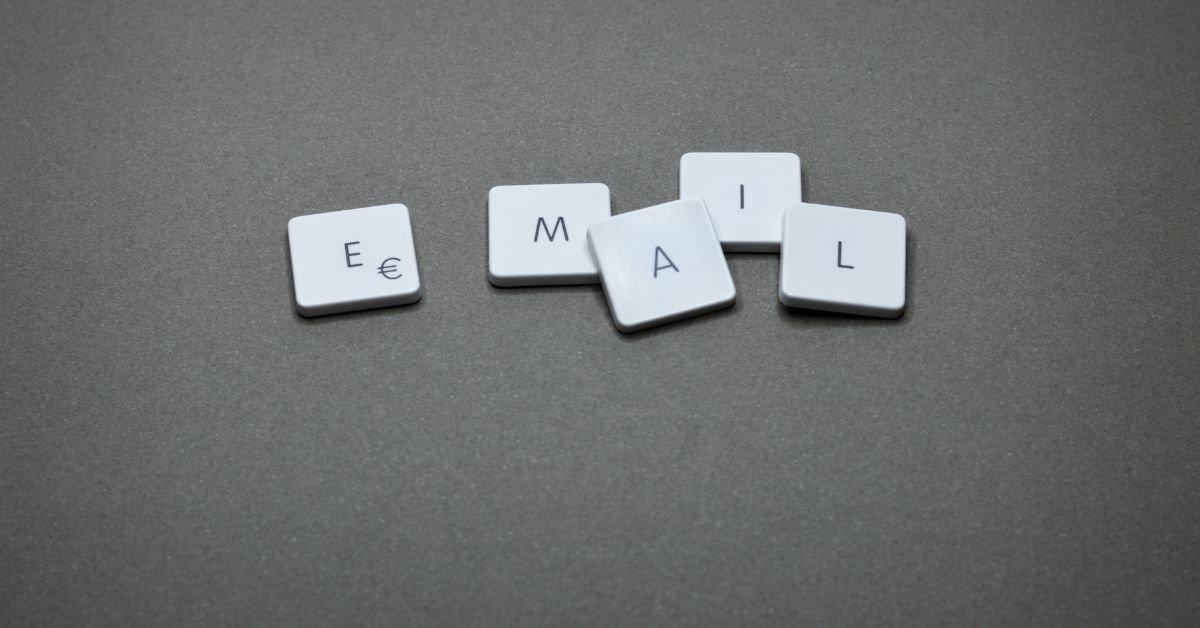are archive emails safe

Introduction
Messages that are stored separately from the main inbox or active email folders to declutter the inbox or for long-term retention are called archived emails. Archiving does not delete the messages but rather stores them separately, reducing the visual clutter.
Key Characteristics of Archived Emails
Helps in E-Discovery by making it easier to find mail under subpoenas.
Saved for future reference and can be retrieved on need.
Helps in organizing inbox.
Helps in recovering from a disaster which is essential for organizations to keep operating.
How does Email Archiving Work
Email archiving works through capturing, storing, and managing email data in a way that ensures accessibility and security. The detailed breakdown is as follows:
Capturing
Many systems automatically archive email ensuring none is missed. Cloud services might archive removed emails but not deleted ones. Enterprise solutions may capture emails from mail service. Users can also manually move emails into an archive folder.
Storage
Emails are stored on secure servers managed by the cloud providers. Emails are stored on physical hardware such as hard drives and network servers.
Organization
Archived emails are indexed for efficient searching. Advanced systems may also analyze attachments and body text for full-text search capabilities.
Assess & Retrieval
Archived emails are accessed through:
Searching by keywords, date, and sender.
Searched by their folders organized manually or automatically.
Are Archived Emails Safe?
Archived Emails are generally safe but their safety depends on several factors. Here are some considerations
Email Service Provider’s Security
The security of such emails largely depends on the measures implemented by ESP. One critical aspect of this security is encryption. Reputable providers encrypt emails both in transit and at rest. Transit encryption is typically achieved using TLS preventing interception during transmission.
Account Security
Another essential layer of protection is account security. To safeguard your email account, it is crucial to use a strong and unique password. This reduces the risk of brute force attacks.
How Emails are Archived
Emails can be archived by Cloud Archiving and Local Archiving.
Cloud Archiving: It involves storing emails on remote servers managed by third-party providers. This offers scalability, automatic backups, and access from any internet-enabled device. To ensure security choose a provider that adheres to relevant data protection regulations such as GDRP or HIPAA.
Local Archiving: It entails downloading emails and storing them on physical devices in formats like PST or MBOX. This method gives users full control over data. Regular backups are, however, crucial to prevent data loss.
Access and Retrieval of Archived Emails
Accessing and Retrieving archive emails must be handled with care to prevent unauthorized access. Implementing robust attack control is essential to limit who can retrieve archived emails.
Understand Phishing attacks
These are a significant threat to archiving emails. Cybercriminals may use deceptive tactics to trick users into revealing login credentials. Individuals must remain vigilant to mitigate the risk. Employing advanced email security solutions such as spam filters and real-time threat detection tools can further protect archived emails.
Long Term Retention Risks
Archive emails are a critical part of data management. Long-term retention poses a significant risk, especially regarding outdated formats. Over time, email archives may be stored in formats that become obsolete with modern systems. PST, MBOX may lose support as technology evolves. This can make retrieving emails challenging if tools are no longer available to access them.
Best Practices for Keeping Archived Email Safe
Following are the safe practices to ensure protection against unauthorized access, loss, or data breaches.
Strong Passwords: Use complex and unique passwords for accounts storing archived emails. Enable multi-factor authentication to add an extra layer of security.
Encryption: Encrypt email archives when storing them locally. It converts data into unreadable formats, protecting it from unauthorized access.
Backup: Create secure backups to safeguard mail against accidental loss. Store backups in multiple and secure locations.
Periodic Review: Regularly review emails to identify unnecessary information. Remove irrelevant data to minimize the risks if a breach occurs.
Secure Deletion: Delete the emails permanently which you no longer need. To secure the deletion method, use secure tools
